I received an email from someone I haven’t heard from for about 6 years, maybe you have also received one from a old “friend”
Hi Danny
If you watch the 18 minute Ted Talk first, It will help you understand more about the investment opportunity.
The company Shirley and I have just invested in (purchased a membership) is in the process of becoming a major power house on the block chain. They have 1 million members currently who have invested $1 billion. Their goal is 30,000,000. Passive investors can triple their money in (600 days) members who share the program can make a fortune. You guys would be brilliant in this business- it’s the best passive income retirement plan I have ever seen.
Give me a call once you have seen it love to catch up
Talk again soon hopefully.
Regards Kent
I asked for the name of the company that he is suggesting that I invest my hard earned dollars in “Hyperverse“. I went straight to the FMA and found some information on the renamed company Hyperfund now called Hyperverse.
Financial Markets Authority states; “HyperFund operates on a Multi-Level Marketing (MLM) model and claims to offers passive investment opportunities. We have received reports of them recruiting affiliate investors in New Zealand. It is not registered or licensed to provide financial services/products in New Zealand. The website thehyperfund.com now redirects to thehyperverse.net.”
I said this is MLM and not legal in New Zealand, we should be warning people about these not promoting them. Kent insisted that I was wrong, didn’t know what I was talking about and said he had met with financial advisers and it is not a Ponzi scheme or Scam. I despair how people are brainwashed into this.
Hyperverse is creating a lot of hype on the Internet and they are passing of the name metaverse. The metaverse is the next evolution of social connection. Our company’s vision is to help bring the metaverse to life, so we are changing our name to reflect our commitment to this future. – Mark Zuckerberg
Savvy people think they are smarter than the scam, they do short-term investments, they get the money out and then make a quick buck, in the meantime other investors “friends”, lose every penny it not ethical or legal to promote such schemes in New Zealand.
Easy Crypto explains – Referral commissions are paid to affiliates that recruit new users which then places them at the top of a unilevel team. To join an affiliate membership, a purchase of 300, 500, or 1000 HU is required by sending USDT at a 1:1 ratio. The promise from Hyperfund; 0.5 – 1% daily rewards totaling a 200-300% ROI paid in HU. HU is an internal token that holds no real value, to take profit on HU you must convert to MOF through Hyperfund then withdraw to an exchange. The problem here; MOF could lose value rapidly like Xu’s failed HyperCash shown below and you could be left with much less than your initial investment.
Read what the Commerce Commission New Zealand says about Pyramid Selling Schemes
Pyramid selling schemes are illegal in New Zealand. They make money by recruiting people rather than by selling goods or services, and they often mislead recruits about the likely financial returns.
Because the potential reward offered depends mainly on the recruitment of new people to pay into the scheme, many participants will always be at or near the base of the pyramid and will not achieve the promised return on their ‘investment’.
What is a pyramid scheme?
A pyramid scheme can take many forms, but has the following essential elements:
- it offers a financial return based on the payments made by new recruits
- the return is dependent primarily on the continued recruitment of new members, not sales of a product or service.
EXAMPLE
Three businessmen promoted a ‘get rich quick’ scheme. Prospective members were told that the potential return was “huge” – at least US$10,000 in 90 days, with a “minimum potential income” of US$160,000. This was a pyramid scheme as the only way members could make money was by recruiting new participants. If no new members were recruited, no money was made. Three people that promoted the scheme were convicted, fined and ordered to pay reparation to their victims.
Pyramid selling schemes may involve ‘gimmick’ products (for example certificates) or grossly overpriced products or services that have little or no resale value and are not likely to be purchased again (for example personal development programmes or general financial information).
WARNING
The Commission warned four people for promoting or operating a gifting scheme. The scheme asked women to pay a an ‘unconditional gift’ of US$5000 to join. Participants were then encouraged to recruit others to progress through the levels of the scheme and had the potential to be ‘gifted’ US$40,000 if they reached the top status within the scheme. The Commission considered the scheme was likely to be a pyramid scheme operating under the guise of a personal growth network.
Pyramid schemes come in many forms and the structure may not appear to be a classic pyramid shape. Don’t assume a scheme is not a pyramid scheme just because any promotional diagram or image doesn’t look like a triangle.
Pyramid schemes on social media
Consumers should be wary of offers on social media that sound too good to be true. Social media provides a platform through which pyramid schemes can easily be promoted to many people.
Are multi-level marketing schemes the same as pyramid selling schemes?
No, there are a number of multi-level marketing schemes operating in New Zealand which are not pyramid selling schemes. With multi-level marketing schemes salespeople are expected to sell products directly to consumers. They are separately incentivised to recruit others as fellow salespeople. Participants earn commission from selling products, whereas pyramid selling involves participants earning money solely or primarily by introducing other people into the scheme.
In a multi-level marketing scheme, income expectation is limited by the number of sales, not by the number of new sales representatives. Customers of multi-level marketing companies can buy the goods or services they offer without joining the scheme.
Multi-level marketing also usually involves commercially viable products (for example clothing, jewellery, cosmetics, health products, cleaning products and cookware) which present genuine business and income-earning opportunities through sales to clients.
Multi-level marketing schemes are not prohibited by the Fair Trading Act. However, some promoters of pyramid schemes do try and make their schemes sound lawful. Therefore you should always check a scheme very carefully to ensure that it is genuinely a multi-level marketing scheme, and not an illegal pyramid selling scheme.
Misleading claims about potential earnings
The Fair Trading Act also prohibits any representations that exaggerate the earnings participants are likely to obtain from their involvement with a business activity. The Commission has investigated claims of unrealistic earnings relating to both pyramid selling schemes and legitimate business activities.
Members of the public need to be wary of joining schemes where the promotional materials contain testimonials of high earnings from people who are not easily identifiable (for example, “Since I joined this scheme I have made $100,000 without really trying,” RS of Auckland).
Similarly, where schemes make claims such as “this is not a get rich quick scheme” or “this scheme is legal”, the question needs to be asked – why is such a statement necessary? They may be intended to disguise the fact that the scheme is illegal or that the promotional material is misleading.
Are chain letters pyramid schemes?
Yes, chain letters which request the sending of money, goods or the provision of services, are covered by the definition of pyramid schemes and are illegal.
Penalties for promoting or operating a pyramid scheme
Only the courts can make a ruling on breaches of the Fair Trading Act. Courts may fine individuals and companies up to $600,000 per offence if they are found guilty of breaching the provisions of the Act relating to pyramid schemes.
In addition, a person or business found guilty of promoting or operating a pyramid scheme may be required by the court to pay money up to the value of any commercial gain resulting from promoting or operating the scheme. A District Court may impose a management banning order against anyone found guilty of Fair Trading Act offences on two or more separate occasions within a 10 year period
Guidance for checking out a scheme/scam
The following guide may help in checking the nature and legitimacy of a marketing scheme and if you are unsure, you should seek legal advice before joining or participating in a scheme.
Is there a joining fee?
Pyramid selling schemes often have start-up fees which are not paid for purchasing commercially viable goods or services since most earnings come from introducing others to the scheme.
Does the promotional literature indicate unrealistic earnings (for example “make $100,000 a month legally”)?
Promoters who make unrealistic claims risk breaking the law.
If you answer yes to (1) and (2) then, regardless of whether the scheme is pyramid selling or not, you should seek financial advice before entering.
Do participants earn commissions primarily from selling products or services, or are financial rewards largely dependant on recruiting others into the scheme?
Pyramid schemes are primarily focused on creating rewards for those members who recruit others.
Do the products offer a genuine income-earning opportunity through sales?
A legitimate scheme has products which consumers want to buy.
Is the number of products required to be purchased or ordered by the participants commercially realistic?
Legitimate businesses require participants to buy or order only as much stock as they can realistically expect to sell.
6 Does the promotional literature offer benefits such as “a life of happiness and prosperity”, or “it’s easy to sign up new distributors”?
Such statements need to be read carefully as they may make unrealistic promises which conceal the amount of hard work and risk associated with achieving such goals.
Does the promotional literature contain testimonials from people who are not easily identifiable (for example “RS of Auckland writes…”)?
People giving testimonials may not want to be identified for reasons of privacy. However, failure to identify them may raise suspicions about whether the testimonials are genuine. Even if they are, there is generally no way for consumers to check. References to testimonials should be read with this caution in mind.
Does the promotional literature contain claims such as “this is not a get rich scheme” or “this scheme is legal”?
Statements like this need to be read with care. You need to ask yourself why such a statement is necessary. They may be intended to disguise the fact that the scheme may be illegal, or contain illegal components.
Does the literature suggest the Commerce Commission or another government department or agency has endorsed the scheme?
The Commerce Commission does not endorse or approve any scheme. If this statement is made, it is untrue.
Does the promotional literature fail to provide a street address, so that you cannot contact a person for further details?
Legitimate schemes are usually easy to contact in person.
Does the scheme provide ongoing training and sales support?
Legitimate multi-level marketing businesses have a vested interest in ensuring that participants are well trained and supported.

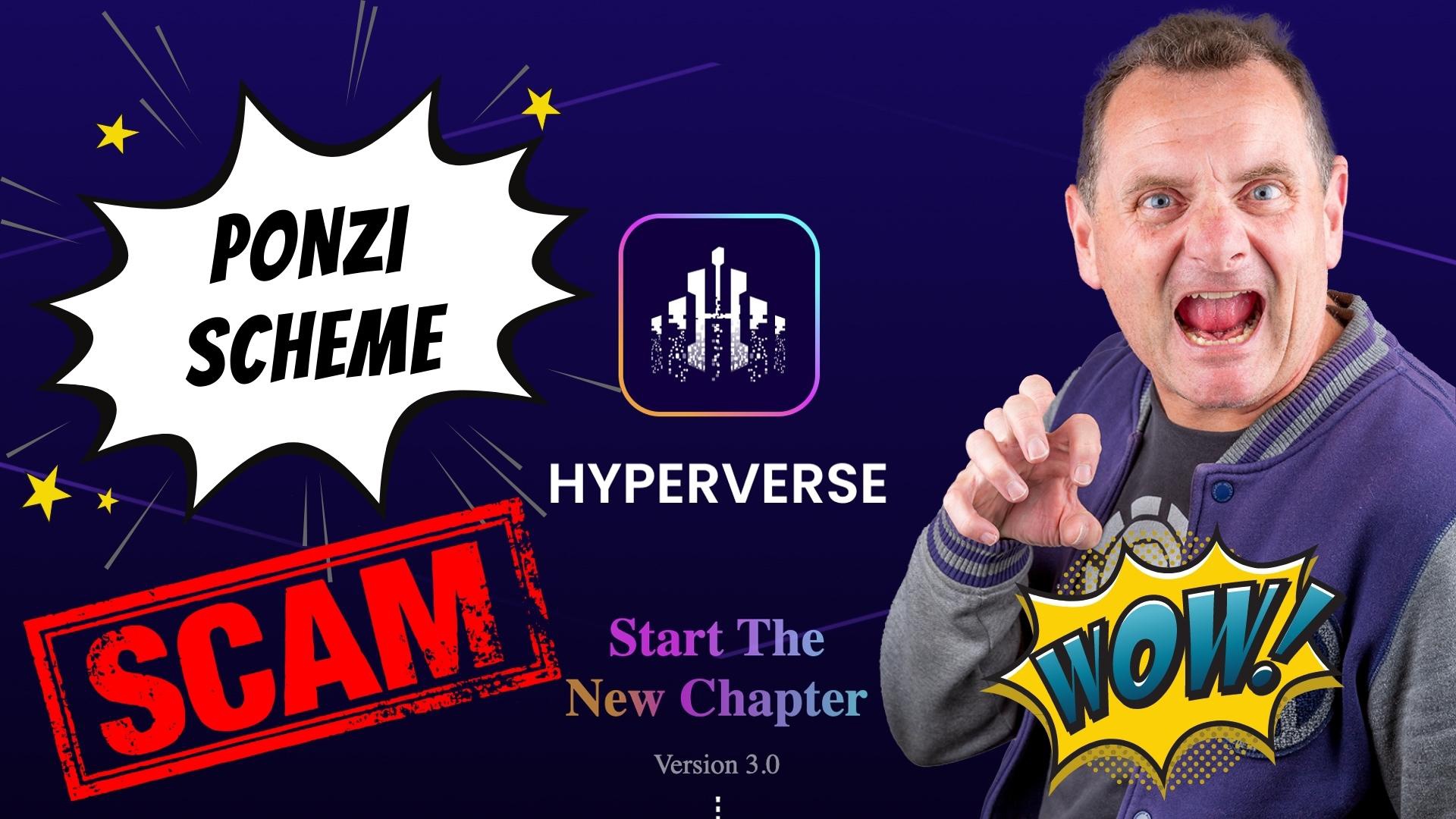

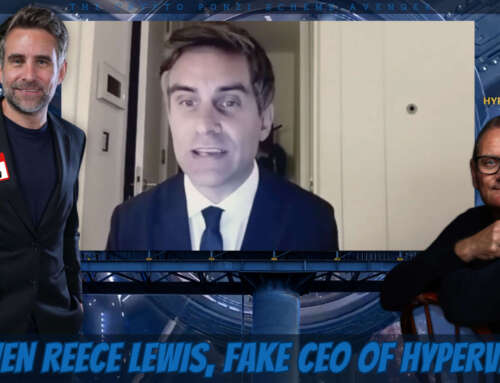
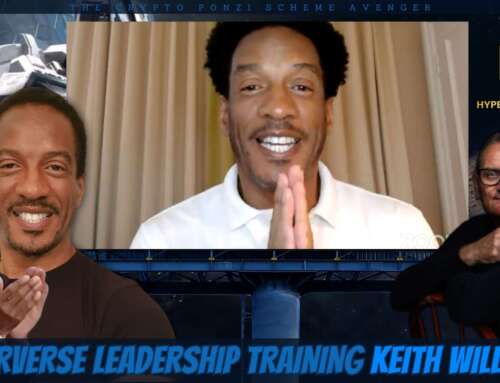
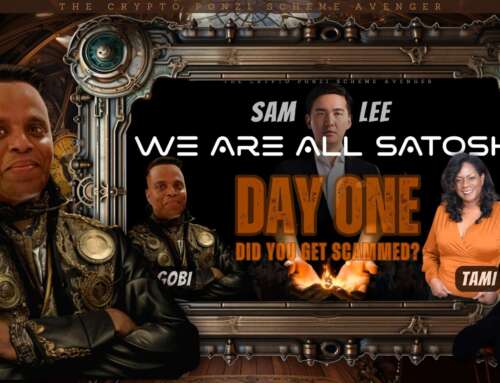

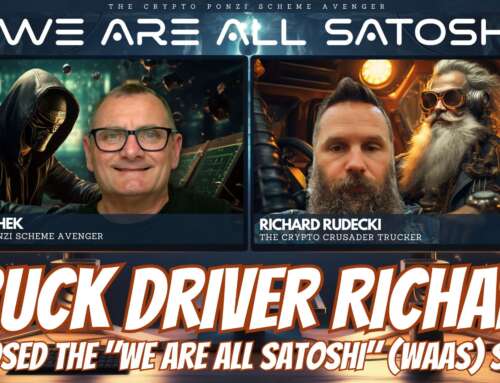
You don’t know what the hell your talking about fella
And I take it that you do know what you’re talking about but you haven’t said anything?
Did you watch the video by HyperVerse one evening when sitting on ya sofa, eating your popcorn and sipping on your Coca-Cola and you thought this is good information. Thinking I’m going to invest, I am a savvy business person I know all about crypto now because I have been brainwashed by HyperVerse.
The only research you can do about this company is by reading their own propaganda, the companies associated with them aren’t really associated with them. It is just made up smoke and mirrors to fool people who don’t know how to do their research
Absolutely agree with Danny and thank you for sharing this story as I am one of the people who clearly studied this initially last year it seems a clear case of ponzi fraud scheme by all means. My close friend and. Mentor was brainwashed and was so confident that he told me, he will pay me bck and insisted me so hard to invest just 300 dollars to experience. I did and it’s one year when I just see HU credited but when I try withdraw, it doesnt work.. This scheme not only took my money but friend too as he is almost in a different mode. He says he has become millionaire, I am a fool and will never become rich if I play 300 dollar game.. I must invest at least 50000 upwards to get in main league.. Etc etc.. And he is like don’t come to me issues as it’s all about big players.. You first come in club and we will teach you.. Haha.. It’s so sad, how people can become cheaters in greed. This guy by the way is so audacious that he posts his family picture with a new mercedes and showing claiming, hyperverse made him millionaire over night..
I so much want to have some crime reported against these club people who are looting people in this ponzi scheme.
They will get what is coming mate 😉 thank you for a great post! I could do with hand if you have the time flighting these HyperZombies on my YouTube channel. The are all Zombies with greed glasses on.